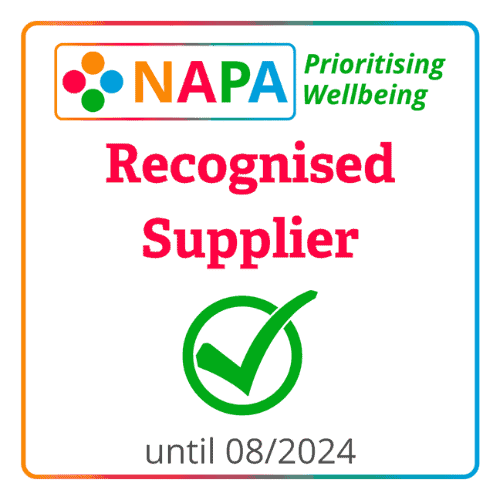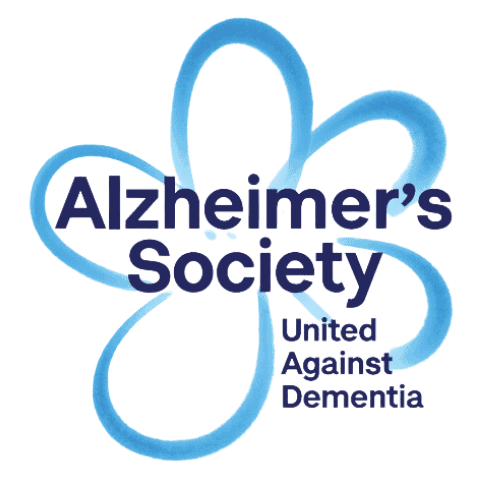Introduction
Mrs. H is an 85-year-old lady who was admitted to a small 22 bed Nursing and Residential Care setting directly from hospital following a fall at home, which had resulted in a fractured neck of femur.
Mrs. H had been living in her own home prior to her fall, with carer support twice a day. She had a diagnosis of Dementia and presented with moderate impairment, however on admission to the long-term care setting it was apparent she had declined significantly during her hospital stay.
In the first few weeks of admission the team found it very difficult to support her, and her levels of distress were significant, particularly into the evening and overnight. It was difficult to manage her base care needs and it looked likely that a specialist dementia unit was going to be required but no beds were available in the locality.
Overview
The transition from hospital to her new care home increased Mrs. H’s distress and anxiety to a disturbing level. Her behaviours were distressing to other residents and to the care team. She displayed significant traumatic behaviours around her bedroom and during bedtime, accompanied with distressing vocalisation. She would become aggressive with staff when washing, dressing, and preparing for bed, and she would not remain in her bed for any length of time. Risk of another fall was high.
Mrs. H could make her needs and wants relatively clear with her actions, but her verbal communication was ineffective. Mrs. H had no family following the death of her husband some years ago, however her home care team had been consistent and had become her main ‘family’ support.
The Community Mental Health Team (CMHT) were contacted and provided clearer context and a formal review regarding her traumatic dementia and recurrence of lost or old memories but could provide little to no immediate support aside from reviewing possible medical interventions.
The home commenced a 1-month behaviour and intervention plan where they worked with Mrs. H to support her needs, and to work together with professionals to get her into a calmer cognitive state and improve her quality-of-life longer term.
Resident Outcome
- Week 1 – was slow progress and intervention was inconsistently received by Mrs. H, including one occasion of increased frustrations. However, steady consistent use enabled her to indicate her enjoyment of animals and this overtime resulted in a discussion around her pet dog, including her breed and name, and very positive memories.
- Animals, in particular dog games became a consistent diversionary tool in times of distress and allowed for amore controlled and calm exchange of care needs.
- Over the month of consistent use, the care team consistently handed over topics Mrs. H had engaged in, and personal knowledge to her (example Wendy being her dogs name) so the team could use these as diversionary tactics when experiencing a difficult engagement.
- Within the month, Mrs. H’s displays of trauma reduced when physically using the app and when using information gleaned from gameplay sessions. This information was used to divert her into a more positive memory state, allowing for a higher frequency of positive engagements during her care.
- The care team began to understand her communication better due to more frequent positive engagements and started to pre-empt some of the triggers around when she would become distressed and intervene before escalation.
- Mrs. H previous home care team began increasing their personal visits to the home to support with the plan, and provided further photographs and personal information from her storage unit to support a more personalised space for Mrs. H.
- The CMHT team commenced a single night-time low dose of Quetiapine at the end of month 1, following review of her behaviour chart and care team discussion, the outcome of which is after 2 months (1 month app and personal intervention and 1month with the additional a medical intervention added) Mrs. H is now calmer, engages in a more positive way around her care needs, sleeps for on average 6 hours a night in her own bed and spends much more time in communal spaces and in home activities.






















